The sentiment that voting is a civic duty runs strong among many people, especially during an election year. Most American citizens above the age of 18 are eligible to vote. I have been living in the U.S. since January 2017 and am not eligible to vote as my asylum case is still pending, six years after first applying for it. In these seven years, I have seen two presidencies, contributed to my community, paid my taxes, and performed the duties which any law-abiding U.S. citizen would have. My voice in selecting the leader who will decide my future in this country is not considered—but many of yours are. That is one of countless reasons why you should vote.
Consider Washington, D.C., where I live. The city has its flaws and strengths but, like many contributing members of the immigrant community, its ability to vote on its leadership is limited. It is true that D.C. has its shortcomings—data show that every night there are around 4,000 single people and 1,600 adults and children in more than 500 family households experiencing homelessness there. In a city known for being historically Black, half of its Black population lacks easy access to health care. In 2023, D.C. experienced the biggest spike in violent crime of all major cities in the U.S.
At the same time, the city has still managed to enact good policies thanks to strong community involvement. When the Supreme Court overturned Roe v. Wade, D.C. was one of the cities where people felt less helpless because abortion at any stage of pregnancy is legal in the city. Many community organizations come together to provide support to people who face evictions from their homes. It is one of the most ethically and racially diverse cities in the country, allowing people to experience a variety of different cultures, cuisines, and languages.
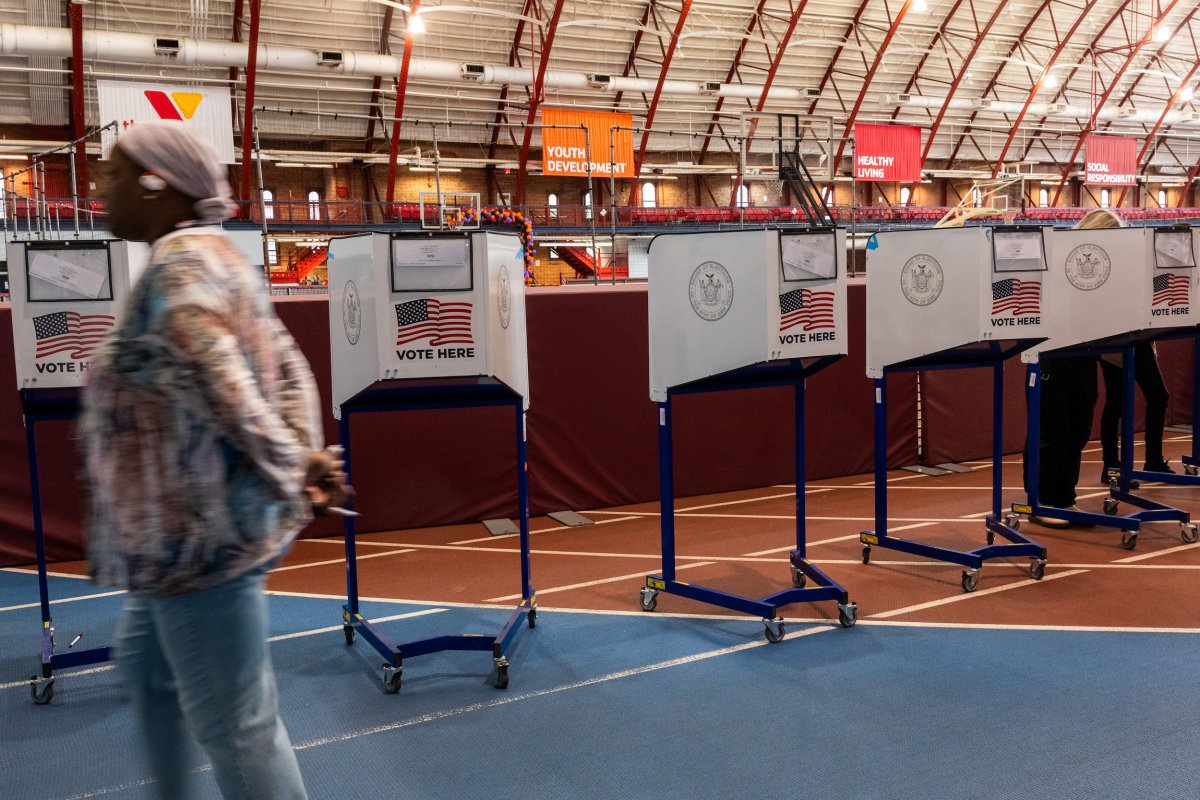
Many D.C. residents are United States citizens who serve in the military and pay federal taxes but have no voting representation in the United States House of Representatives and the United States Senate. This is why voting rights and voting are important—without them you are just a taxpayer without any representation. Similarly, a majority of immigrants contribute immensely to both local and federal taxes and to their communities but have no voting rights. We are dependent on choices you make for us with your precious votes.
Voting matters more than you think it does.
A lot of younger individuals, particularly younger millennials and Gen Z, believe that "fractured, dysfunctional government systems are incapable of addressing critical challenges that fall heavily on their generations." This leads many of them to not vote in major elections in the U.S., a sentiment that is apparent even in this upcoming presidential election.
While I empathize with this sentiment, as an asylum seeker with no voting rights, it also makes me frustrated. I remember a few years ago when I was in constant fear of being deported by any sudden presidential executive order even though I had all my official documents. Similarly, I would experience extreme anxiety from anti-vaccine and anti-mask rhetoric at the height of the COVID pandemic because of policies coming from the top of the political pyramid. Today, given the option, I would still vote even if I may not agree with all the policies of my preferred candidate because of my past experiences, when even my limited rights in the U.S. were challenged by government policies.
Voting is a privilege, one that should not be taken for granted. For years, many groups have been marginalized and denied voting rights, and had to fight so the current generation of U.S. citizens can cast their votes. If you can vote and choose not to, I would urge you to think about all the less privileged individuals like myself. We who cannot vote are dependent on you to make a choice so that we can continue to live in a society which might be flawed, and within systems which may be broken, but where there is hope and desire to make an actual impact.
Tausif Sanzum is a freelance writer with opinion pieces in the Huffington Post, Bangor Daily News, Washington Blade, and other major media outlets. He also works as a media relations manager in a non-profit in D.C.
The views expressed in this article are the writer's own.

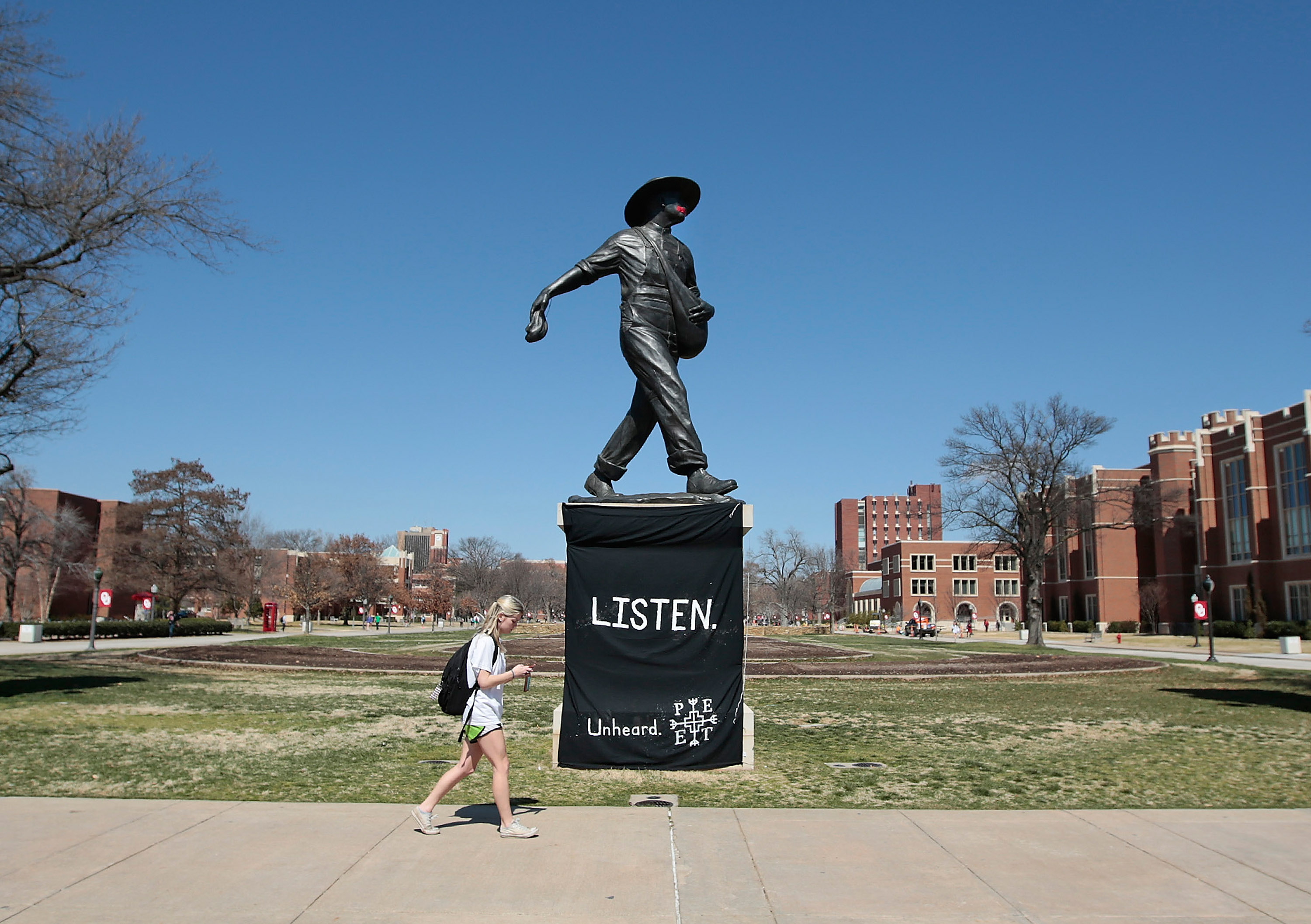


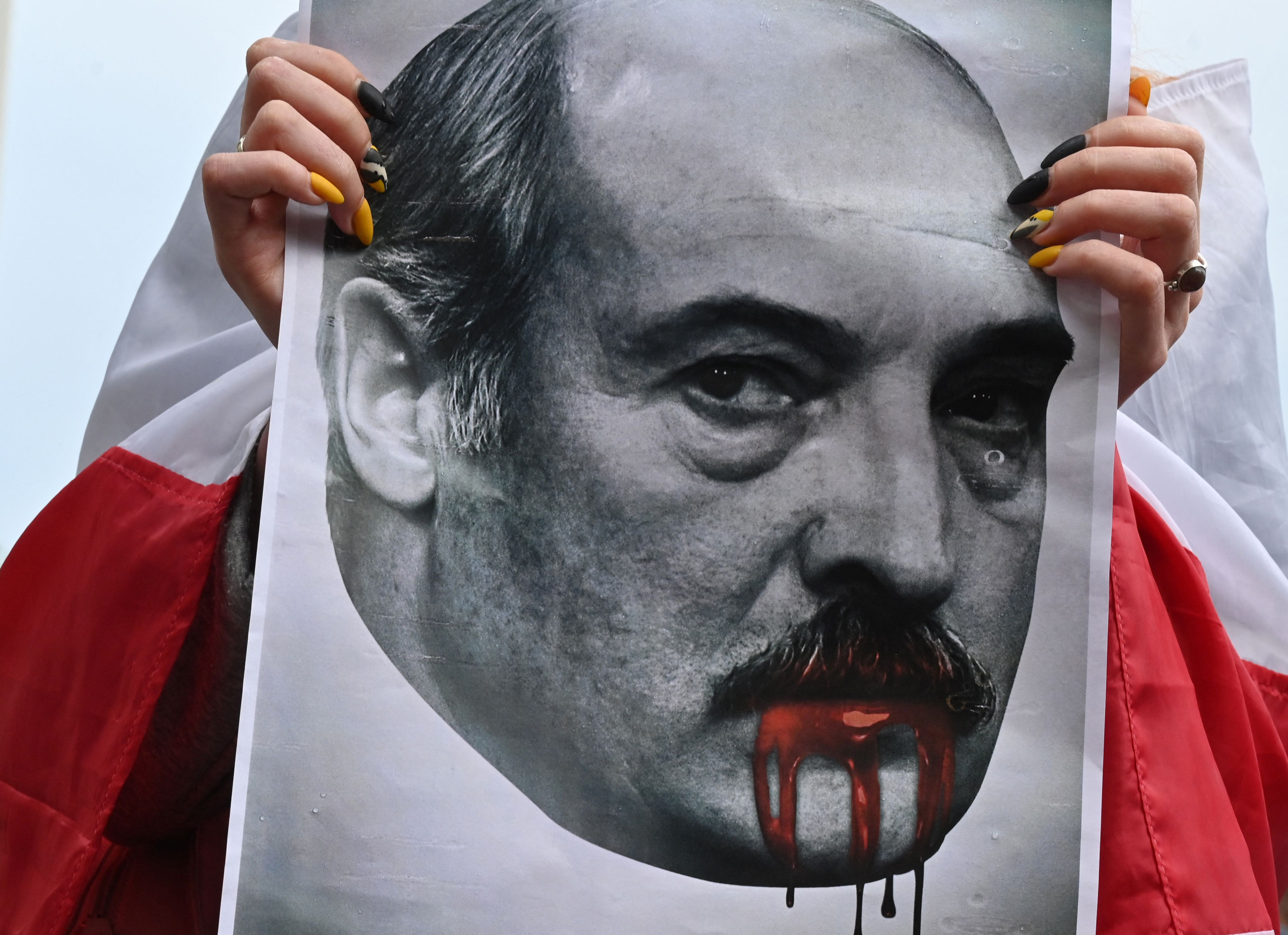



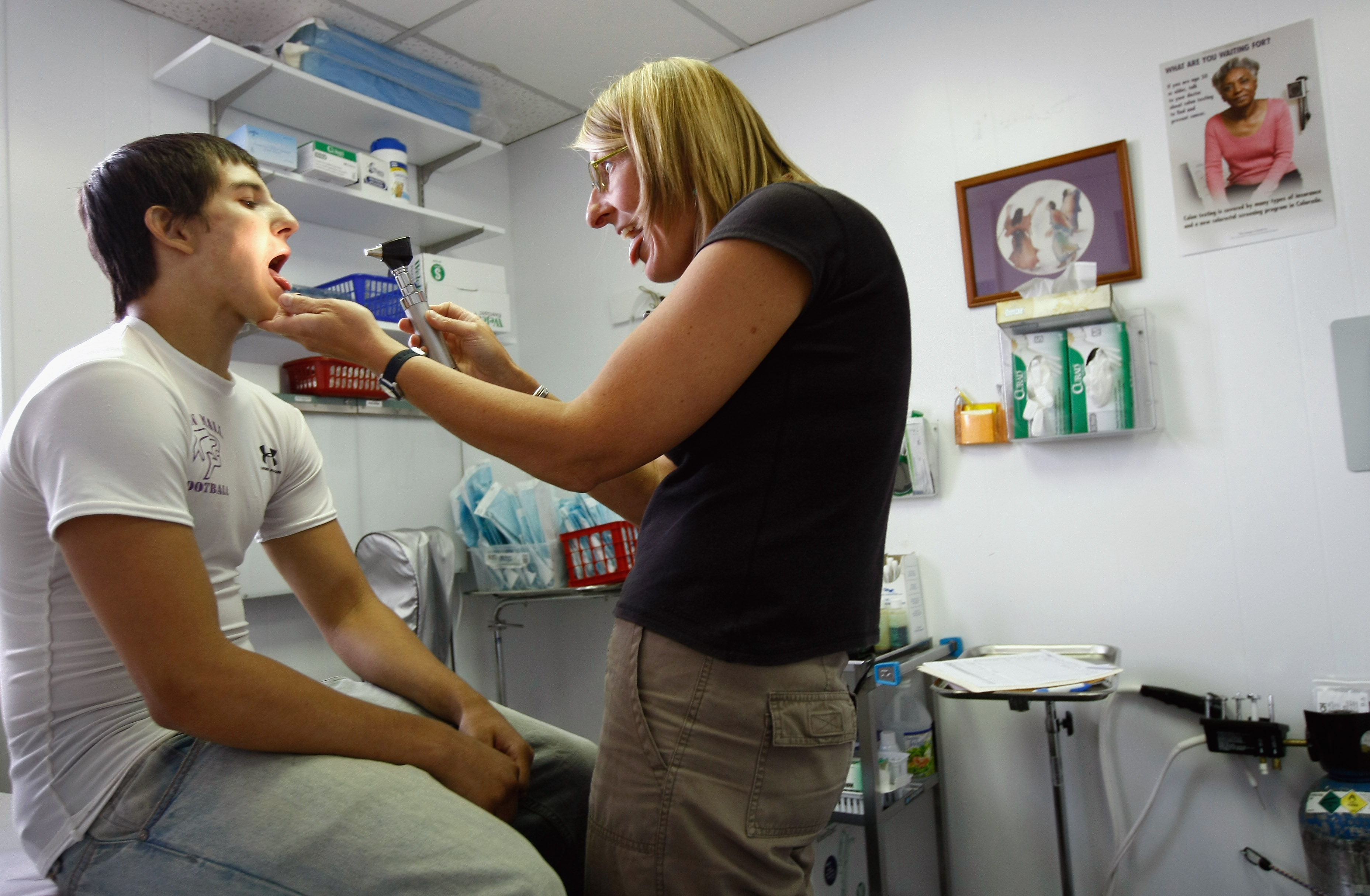
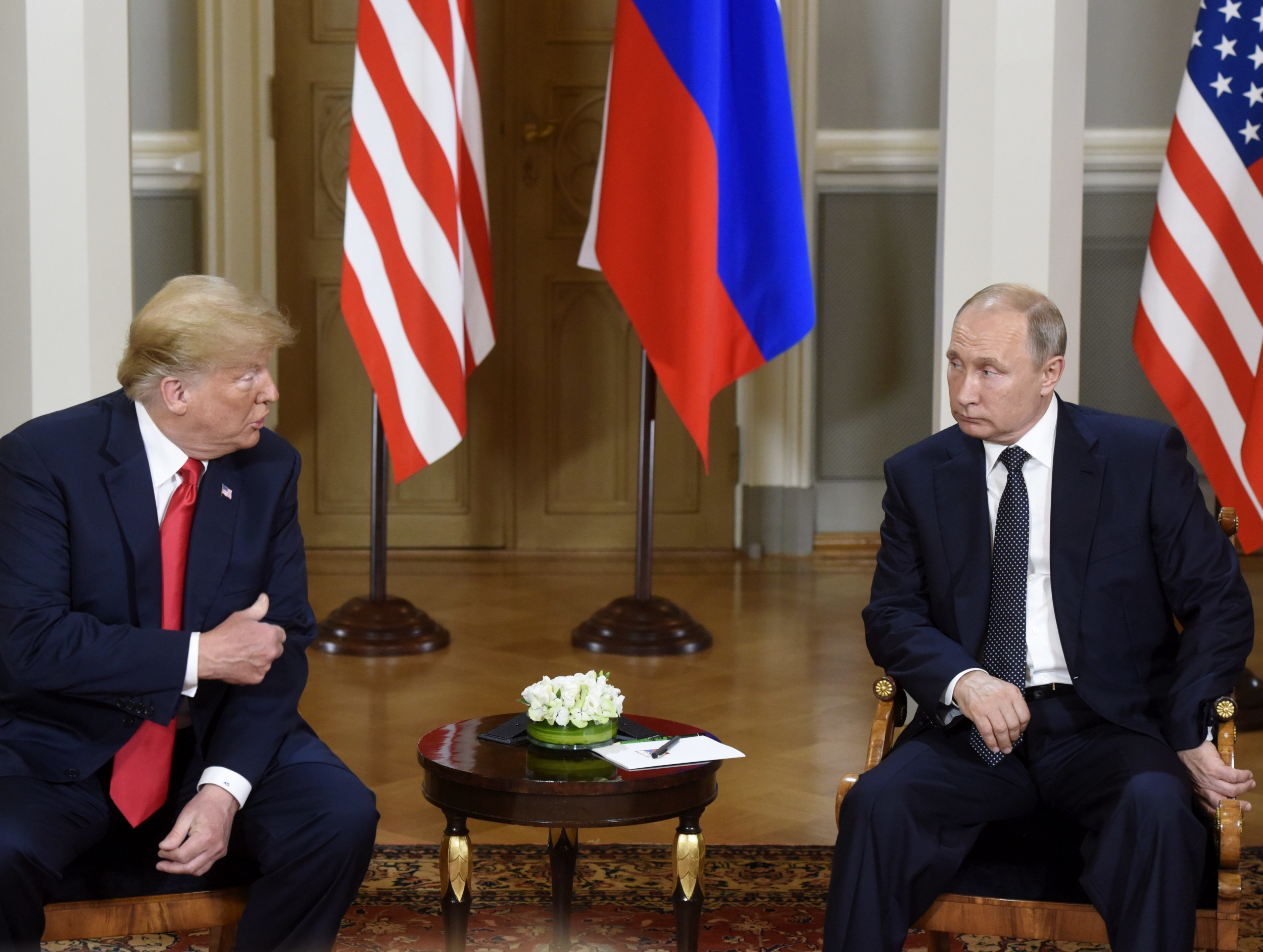










 English (US) ·
English (US) ·